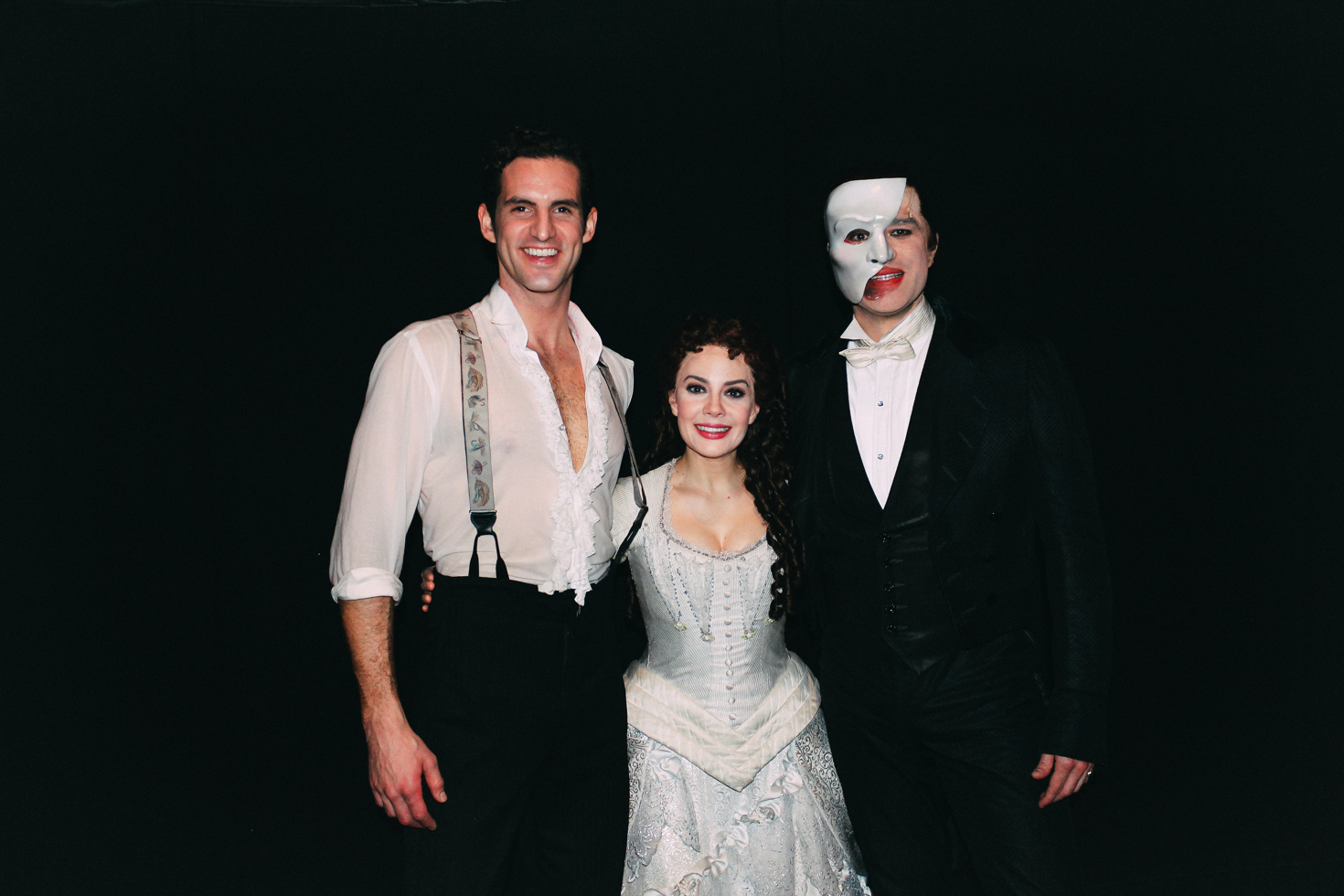

streets last year in outrage at the killing of George Floyd, a Black man, by a white police officer, newly unemployed Broadway workers pushed the industry to make overdue changes to increase racial diversity in theater companies. Within a few weeks of the show going dark, COVID-19 had claimed the life of a beloved dresser, Jennifer Arnold, who had been with the show for more than three decades.Īfter protests filled U.S. Reuters watched as the “Phantom” company prepared for its return. Their return this fall is viewed as a test of the city’s efforts to restore some new sense of normalcy.

Now, after an unprecedented shutdown, the theaters are among the last workplaces to reopen.

Word of the abrupt shuttering came during a “Phantom” matinee at the Majestic Theatre on March 12, 2020, as some cast and crew themselves were falling sick. The crowded Broadway theaters, vital to the city’s tourism industry, were the first places closed by the New York government as the coronavirus began to ravage the state. “Hopefully, none of us have it, because if one of us have it, we all have it,” she said. Playing the show’s heroine Christine required Picerno to kiss two co-stars daily and to sing full-throated love songs with them unmasked and at close range. She knew her job came with risks of exposure. “I’m a full-on monk now,” she said during a rushed lunch break between back-to-back run throughs. Outside long days in a chilly mirror-lined rehearsal studio near New York City’s Times Square, Picerno had put herself back on what she called lockdown. NEW YORK (Reuters) – Meghan Picerno was back at work after 18 months of pandemic limbo, overjoyed to be singing and dancing again with her “Phantom of the Opera” castmates as they rehearsed for the return of Broadway’s longest-running show.Īs the musical’s late October reopening neared, sometimes all Picerno could think about was making it to the first curtain call unscathed by the breakthrough COVID-19 cases that had sidelined vaccinated actors at other shows.


 0 kommentar(er)
0 kommentar(er)
